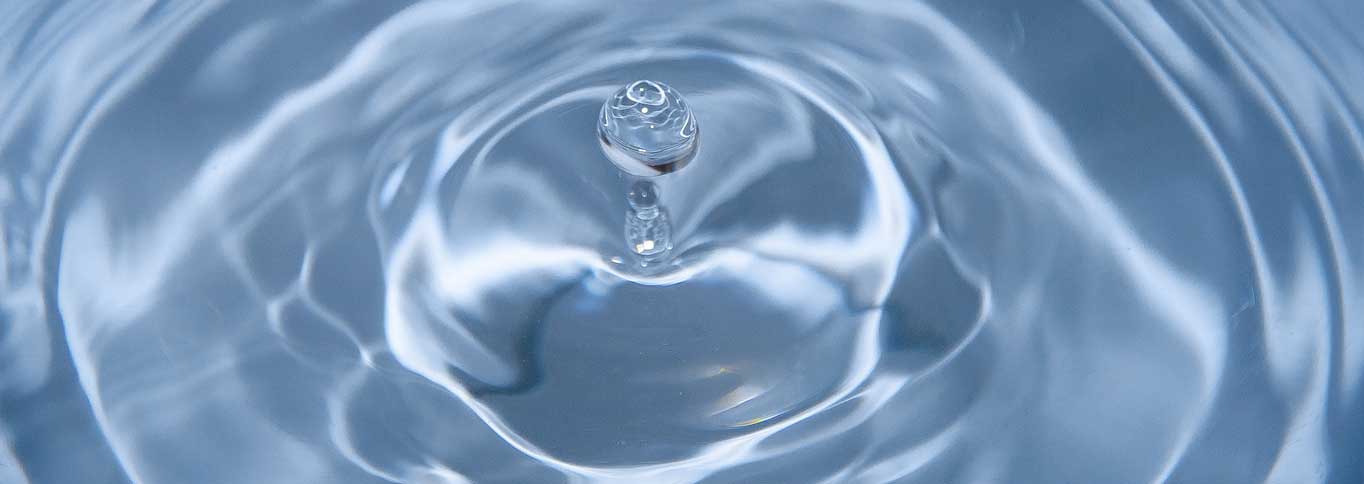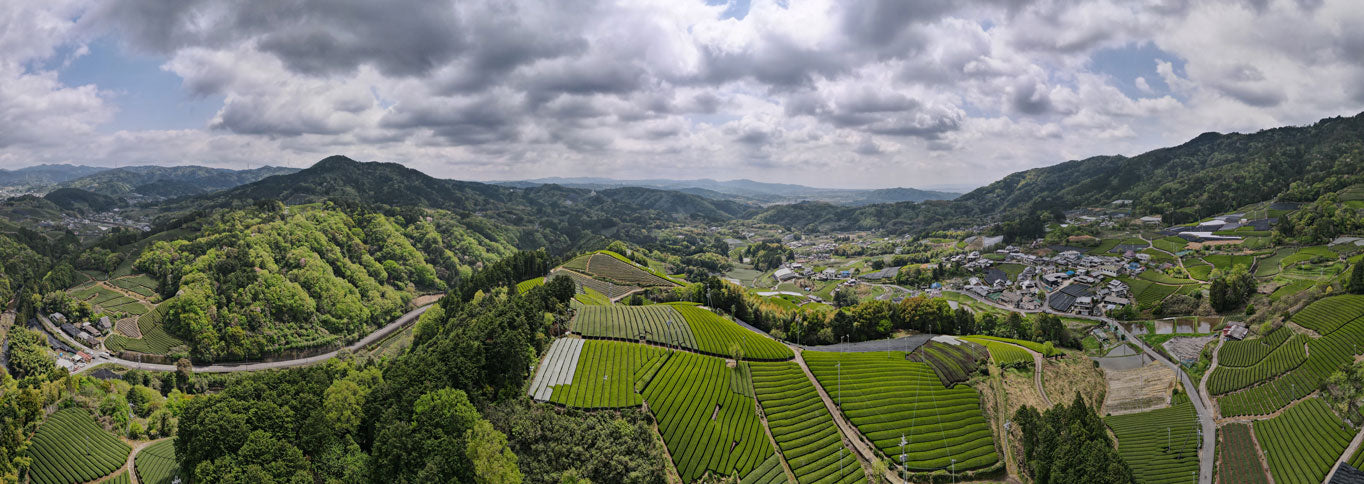As the water, so the tea. Frisian tart. That or something similar is the well-known advertising slogan from the north, isn't it? Joking aside, what do you think has the greatest influence on tea enjoyment? "The quality of the tea" is what most of you will probably say. And you're not wrong, because the best water tinnot make a bland tea bag any better. However, bad water tin also spoil the best Edmon's speciality!
But let's start from the beginning. Tea is made up of almost 98% water. The rest is two incredibly delicious percent and represents the extracted ingredients of the tea leaf. So it's obvious that water MUST play a major role in tea preparation. Have you ever wondered when on vacation why familiar and beloved foods often taste different? I don't mean changed recipes (Nutella has a different composition in France than in Germany), but the circumstances under which foods are prepared. A simple change of location in Germany is enough for this. Try a fine Japanese Gyokuro with tap water from the Eifel - the expression "cloudy cup" doesn't even come close to describing it!
Sensor technology is crucial
Don't get me wrong, the quality of German tap water is unassailable from a food hygiene perspective - after all, tap water is the only state-controlled food in Germany. However, tap water is only checked for pollutants and germs and not for sensory properties. And that varies greatly from city to city and from region to region!
I still remember a blind tasting by WDR that I was invited to many years ago along with some colleagues. The simplest tea bags from the discount store were put to the test against high-quality and inexpensive teas from specialist retailers. When the blank cups were presented to us, my colleagues and I exchanged glances and I asked, "Are these made with Cologne tap water?" to which they replied in the affirmative...the grey-green film on the surface of the cups already showed that the kettle had given up years ago.
Lime spoils the enjoyment of tea
The streaks or foam that form on tea are always a result of the limescale in the water and the essential oils in the tea. These tend to combine with the limescale and form precipitates. So if you always have a film of tea on your cup, it is highly likely that you are drinking good tea and that your water is hard. Hard water, i.e. water that contains limescale, is not harmful to tea or people. However, it does – literally – spoil the taste of tea (and yes, coffee too, that should be mentioned). Machines also suffer from water that contains too much limescale. One reason why we try tea on business trips but do not make any purchasing decisions is that we have to taste the tea with our own water, as Japanese or Indian water often tastes completely different. Just like Italian red wine somehow comes across as a little bland in the dining room at home after a holiday.
How to get low-lime water at home
Back to the water. So what tin the keen tea connoisseur do if the water spoils their plans? First of all, if my tea tastes delicious at home, there is no reason to change it. But if the cup starts to "curdle" after just 10 minutes or there is already a film of foam on the pot, you should consider purchasing a water filter. These tin often be bought for as little as EUR 20. Built-in models for the sink faucet start at around EUR 450.
There are several filtration systems in the TeeGschwendner system center, so that the water quality is always consistent at every point in the house. Otherwise, tastings and objective assessments would have no basis at all. So what do you do if you have to descale the shower head at home every 4 weeks and have always wondered whether you are doing something wrong because the tea always tastes so strange? First of all, try an alternative! To compare with your current tap water, we recommend preparing it with one of the two following mineral waters, which are available in almost every beverage store or supermarket:
- Black Forest still
- SPA Reine
Over the years we have tried, tasted and assessed many different bottled waters and have come to the conclusion that these two waters are ideal for tea in terms of mineral content (no sponsorship, this is our opinion). If you don't notice any difference to your tap water, great, then leave everything as it was. However, if you find the tea tastes much better with the above water, you might consider getting a filter system. At least you know how you can easily increase your tea enjoyment!



Leave a comment
This site is protected by hCaptcha and the hCaptcha Privacy Policy and Terms of Service apply.